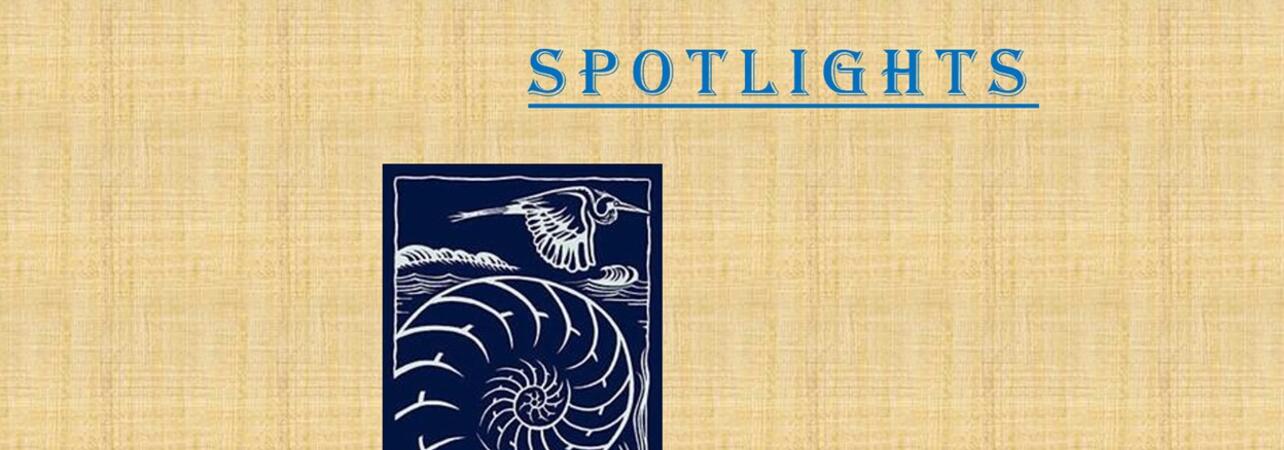This week’s episode of Spotlights features clips from three of our previous episodes, with guests describing their work with environmental justice. First, we hear from Carl Anthony, co-founder and co-director (with Dr. Paloma Pavel) of Breakthrough Communities, an organization dedicated to building multiracial leadership for sustainable communities in California & the nation. He discusses his work with environmental justice, including some reflections on his book, The Earth, the City, and the Hidden Narrative of Race. Next, we hear from Paloma Pavel, PhD., President of Earth House Center and visiting faculty at the University of California, Davis. She discusses her path toward environmental justice. Finally, we hear from Rev. Dr. Christopher Carter, an assistant professor and the assistant chair of the Theology and Religious Studies department at the University of San Diego, in San Diego, California. He discusses his work with the field of religion and ecology, with particular attention to the ways in which ecological spaces impact black, Indigenous, and other people of color (BIPOC).
You can watch the full interviews:
Carl Anthony, Paloma Pavel, Christopher Carter
Posted 7/19/2021

